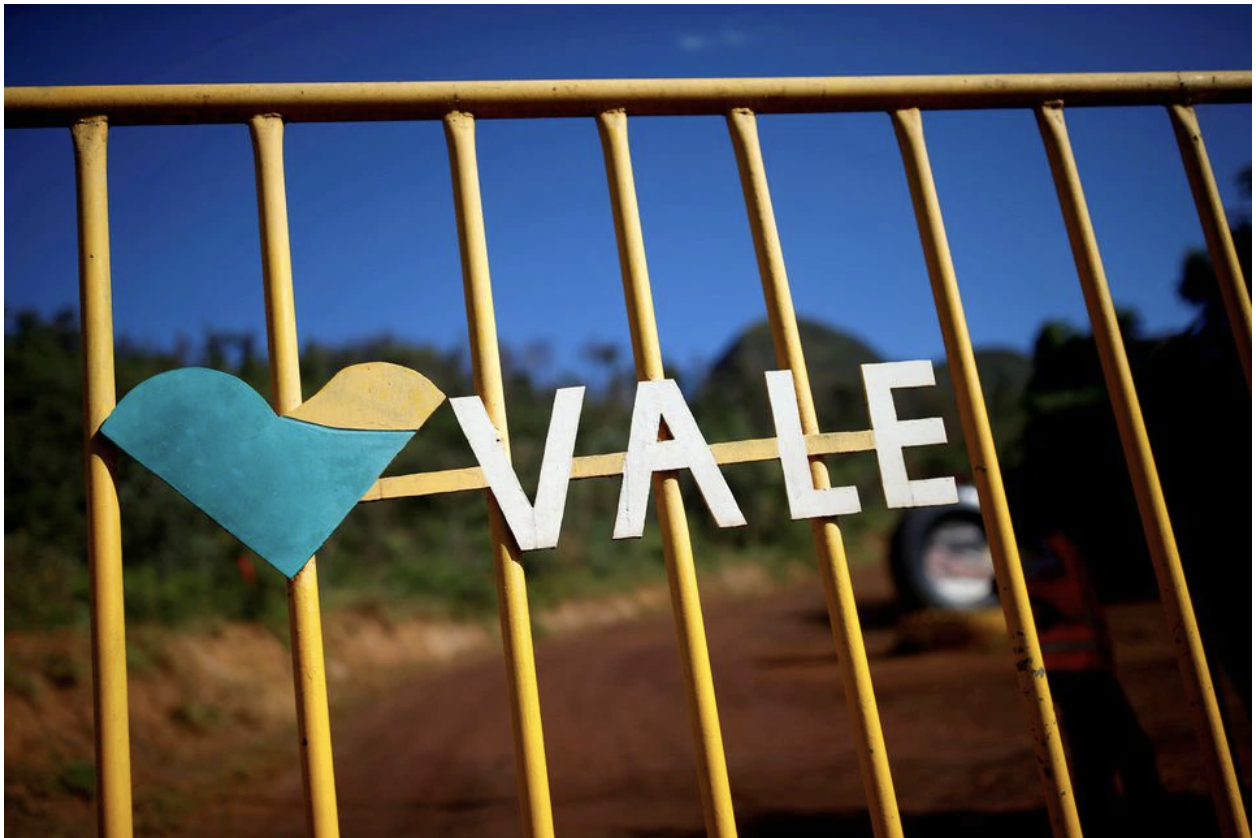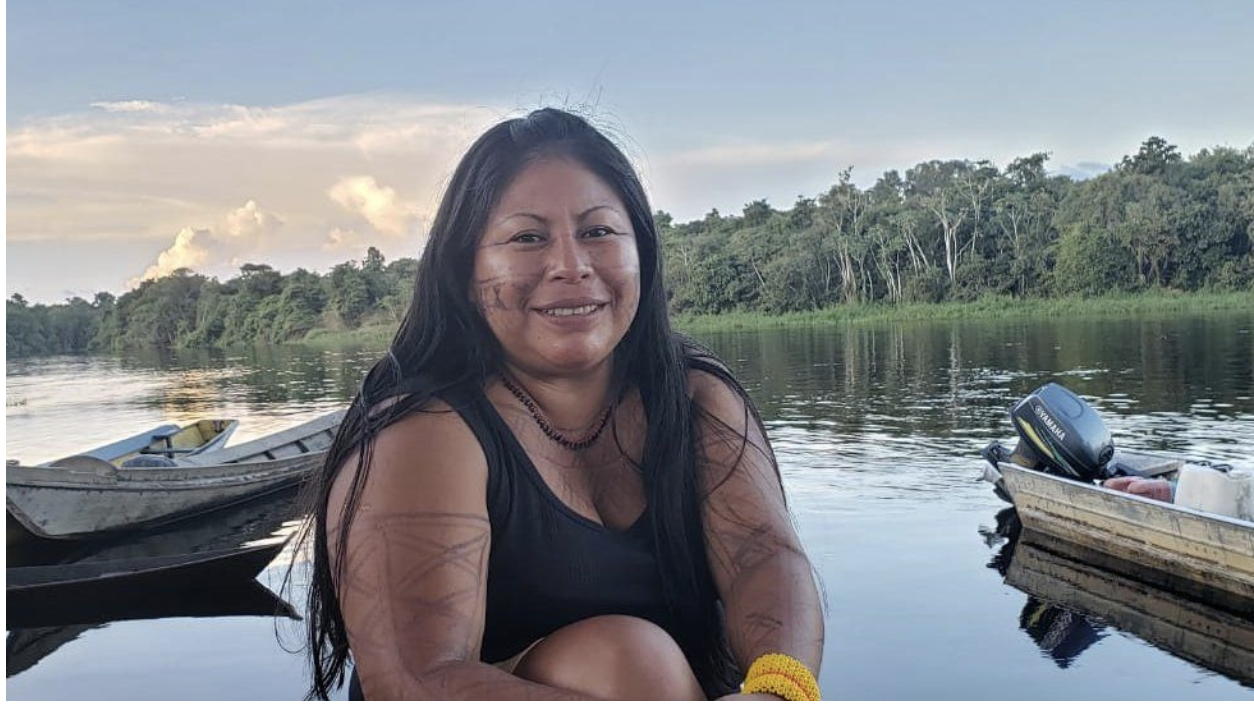President Bolsonaro Fights to Open Indigenous Amazon Lands for Mining Companies
The logo for Brazilian’s largest mining company, Vale SA Photo: Reuters
The number of trees cut down in the Brazilian Amazon this past January was stratospheric, destroying the largest area in a month since records began in 2015. At COP26 last year, over 100 nations declared they would work to stop and reverse deforestation by 2030. The Amazon, in particular, has been noted as an essential region that must be protected if the world is to successfully battle climate change. With its massive rainforest, the Amazon is one of the world’s most important carbon sinks, absorbing substantial amounts of greenhouse gasses from the atmosphere. As the rain forest shrinks, the magnitude of this effect diminishes and there are more greenhouse gasses to impact climate change. At COP26, President Bolsonaro promised to halt and reverse deforestation by the end of the decade, yet his actions show different plans.
The Brazilian government claims that last year demonstrated a decrease in deforestation, but that trend has already reversed this year. In January, the Amazon’s amounted to marked 430 square kilometers (or 166 square miles) of land, a total five times greater than January 2021. Now, the Brazilian President is looking to expand deforestation into protected indigenous territories the size of England. While this land is legally protected, and therefore unviable for commercial use, 570 companies have filed for permission to work in the areas. These projects, which are mostly focused on gold mining, would affect around 260 indigenous lands and cover over 100,000 square kilometers of untouched rainforest.
Alessandra Munduruku, a Munduruku activist defending her land. Photo: BBC
For the people on the ground, the risks are harrowing. Indigenous people argue that this land is essential to their survival, and its commercialization is potentially fatal. One member of the Munduruku indigenous group told BBC News that what is at stake is “...death: death of the rivers, death of the forest, death of the people, death of the culture, death of language”. She explains that the risks are not as simple as deforestation. Mines run by global corporations have been associated with widespread toxic river pollution, harming indigenous communities all over the world.
Pressure from activists and campaigners have led to some small wins. Brazil’s largest mining company, Vale, promised to withdraw some mining applications from protected areas. The United Kingdom giant, Anglo-American, followed suit. But it appears that some forces pushing mining into protected territories may be too influential to stop. In particular, international finance has appeared as a primary backer for Amazonian mining firms. BlackRock and Capital Group hold $13.2 billion worth of stakes in companies attempting to work in these areas. BlackRock has stated that its companies must “obtain free, prior, and informed consent of indigenous people for initiatives that affect their rights”, although the pressure of the Brazilian government may impact this process.
President Bolsonaro has proposed a bill to the Brazilian Congress that would allow the companies who have filed for mining applications to exploit these protected regions. The President claims that this will be a necessary step in Brazil’s economic development and could potentially lift communities out of poverty. In the meantime, environmental activists believe that further Amazonian exploitation could be an environmental disaster for both indigenous communities and the global fight against climate change.


